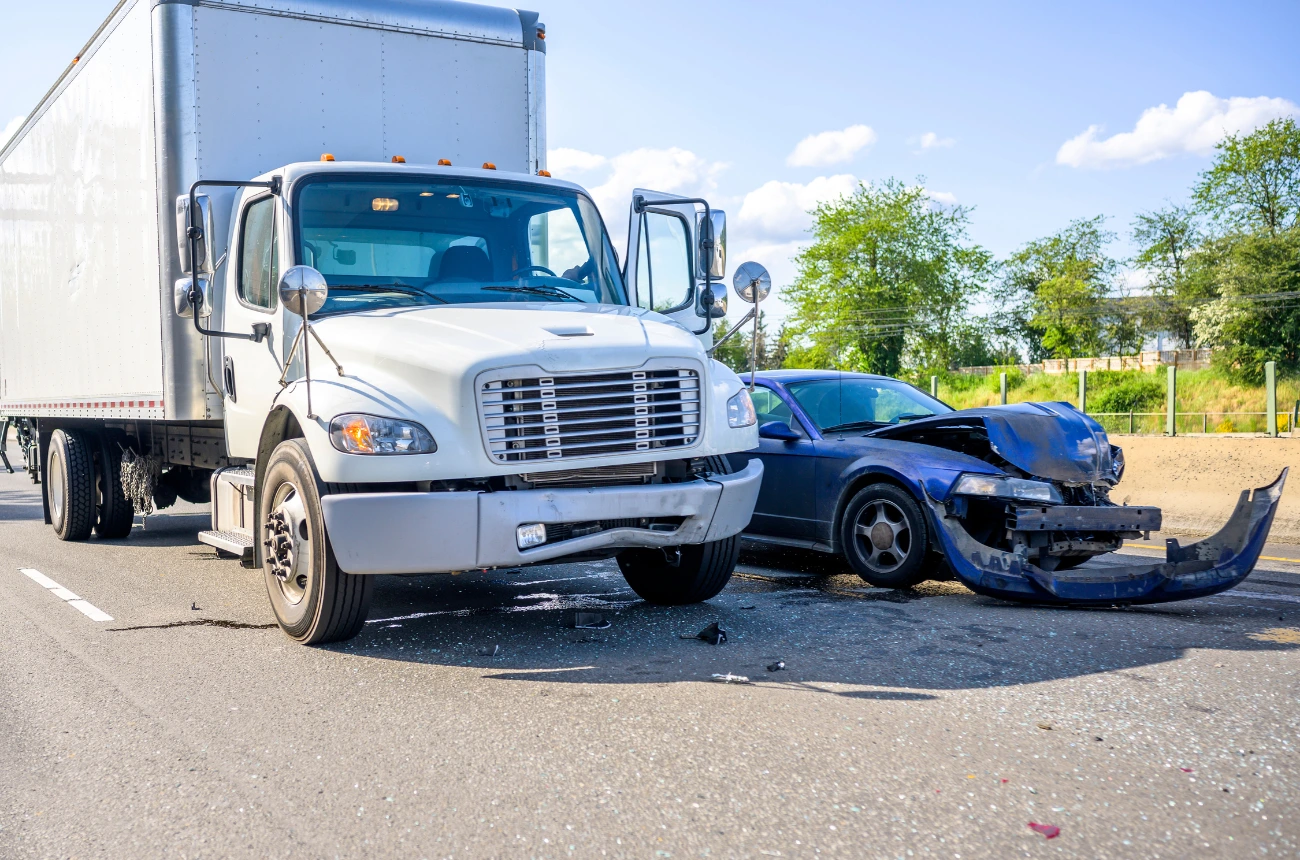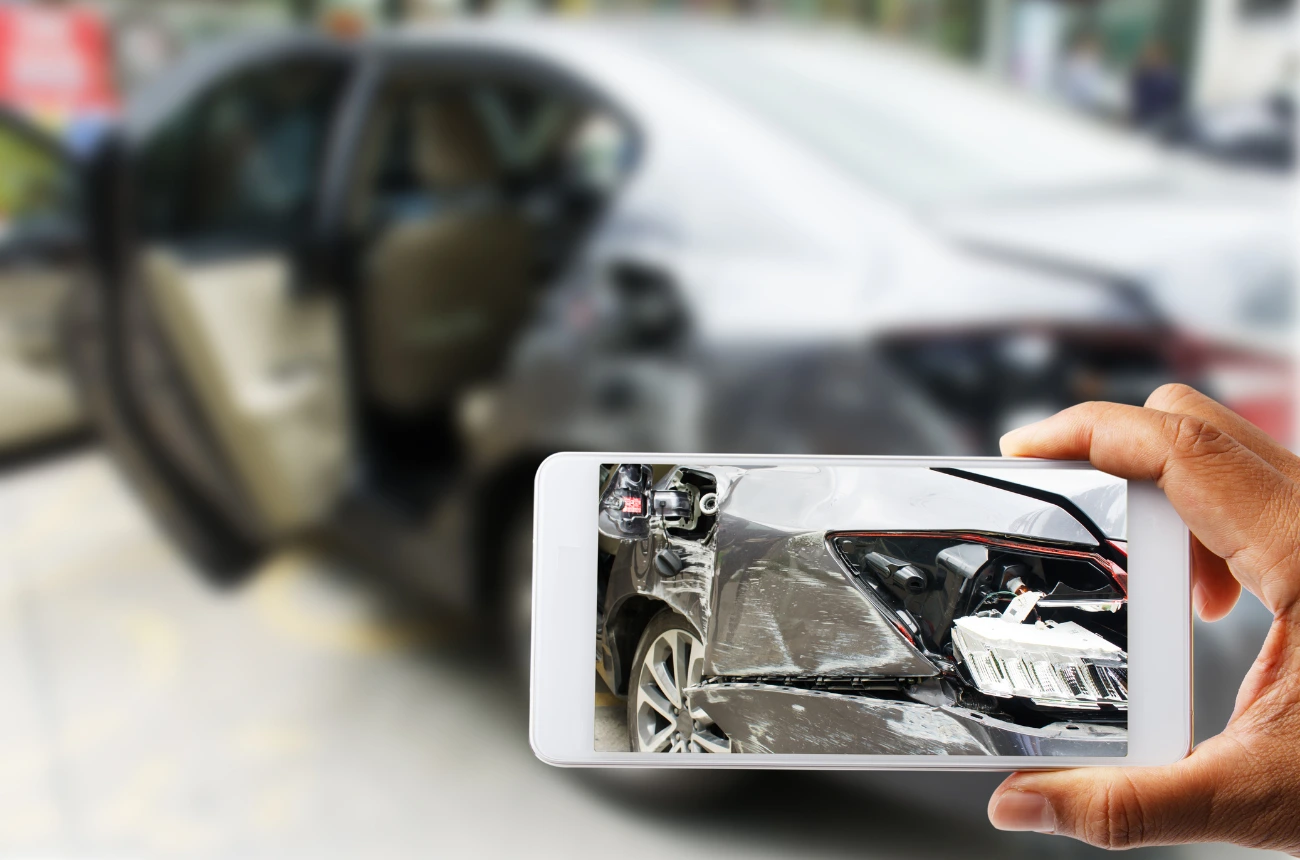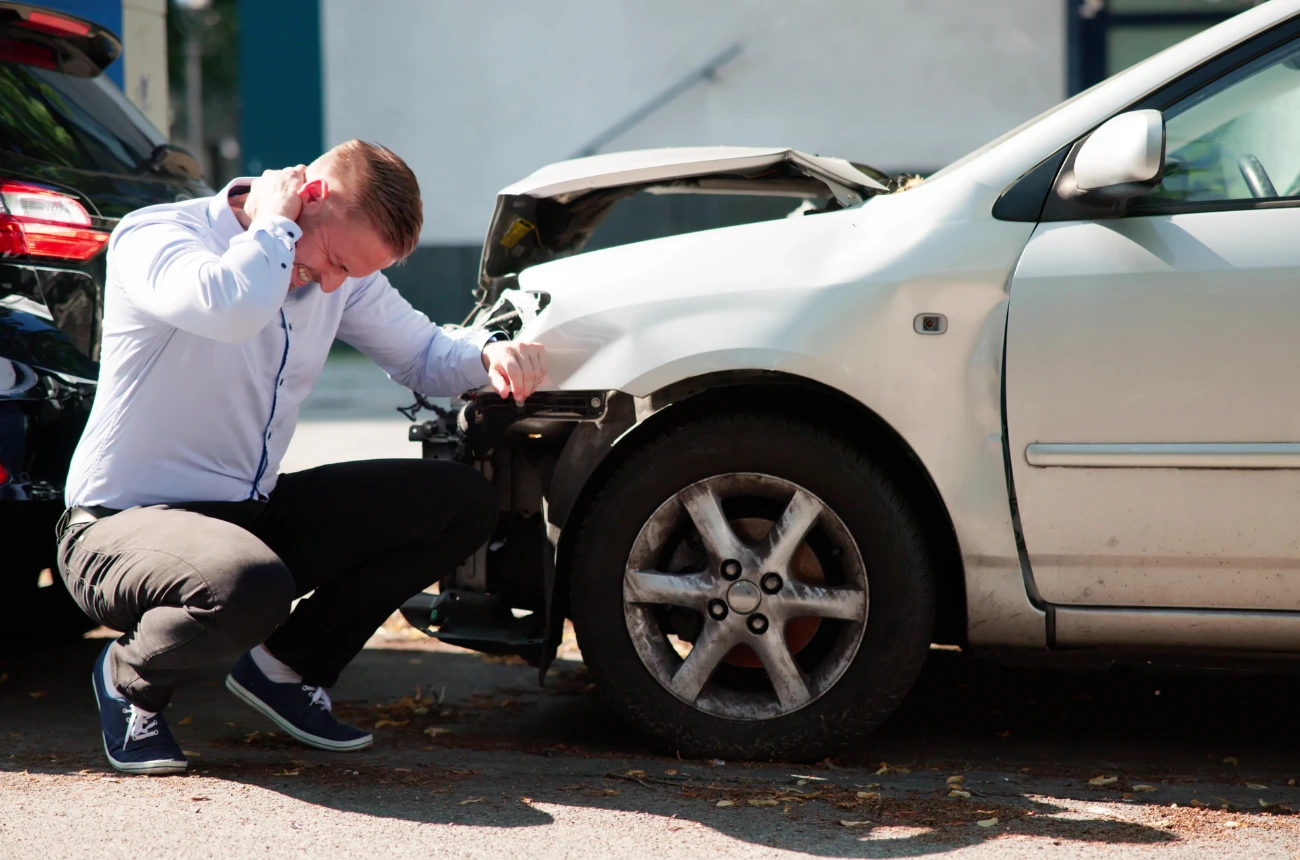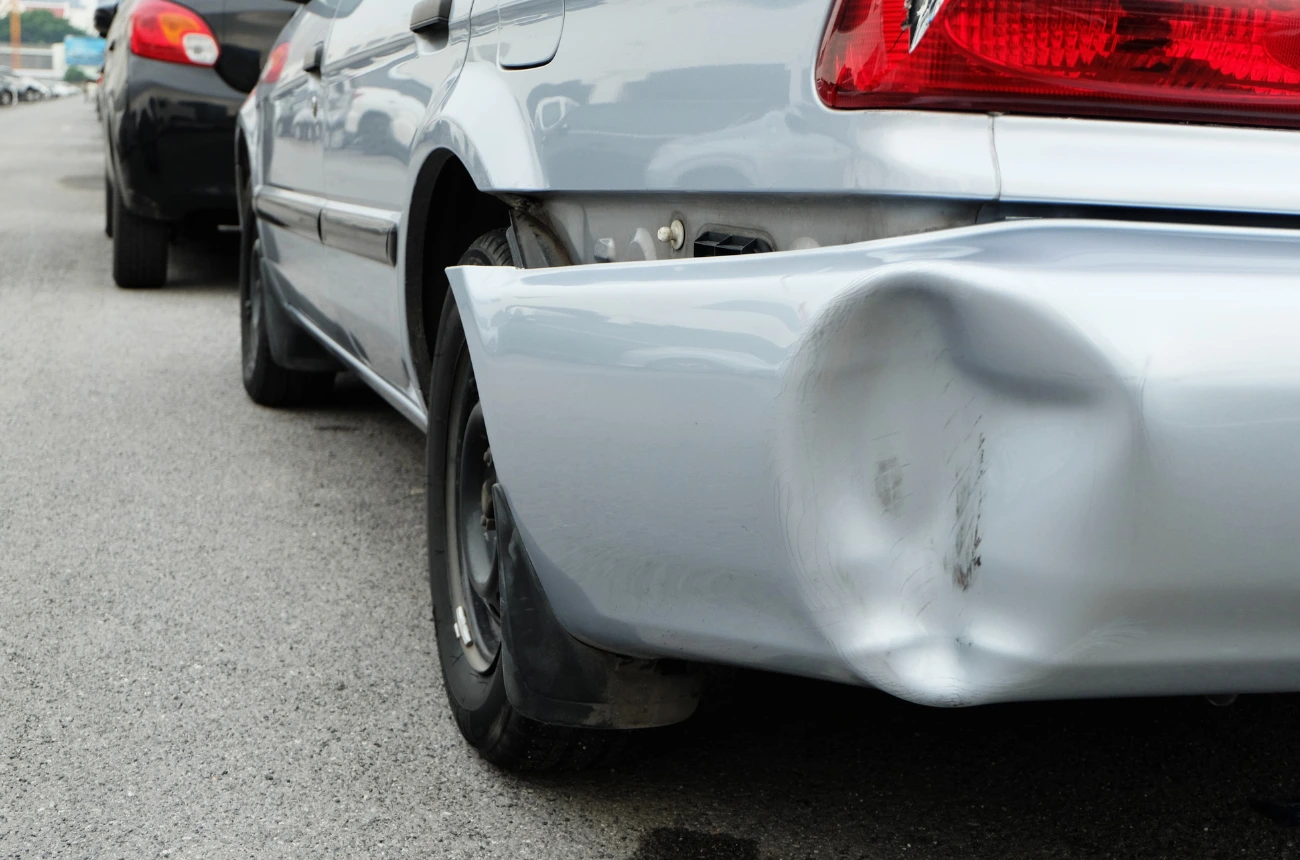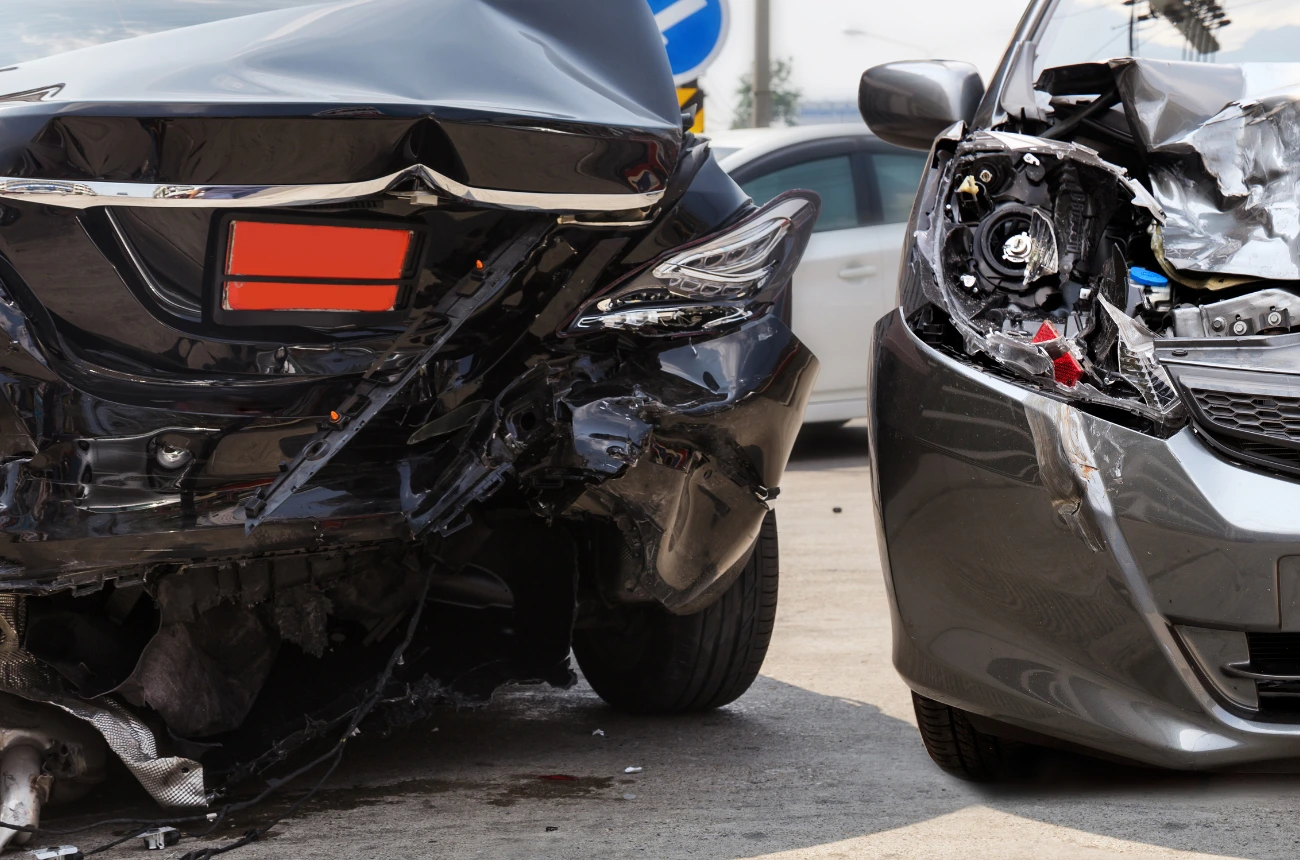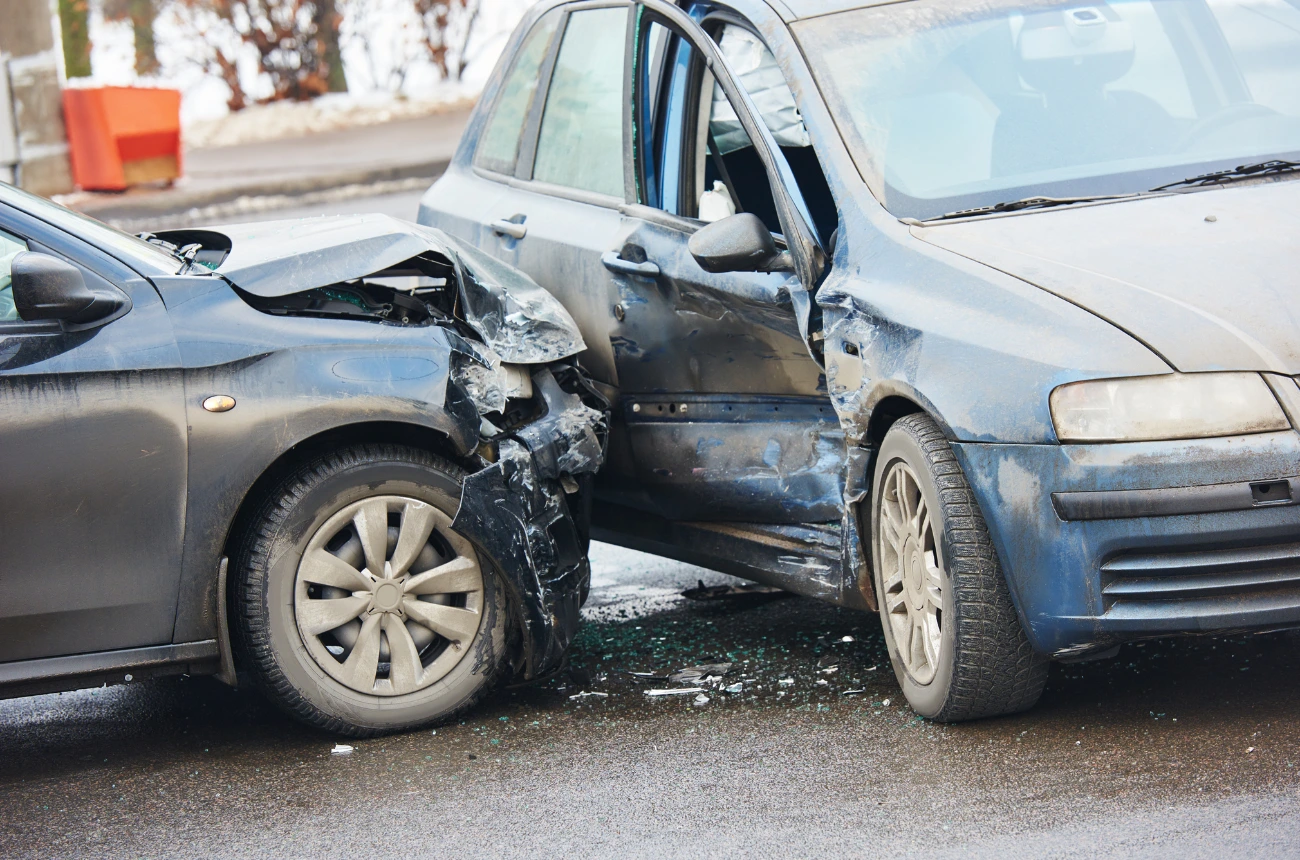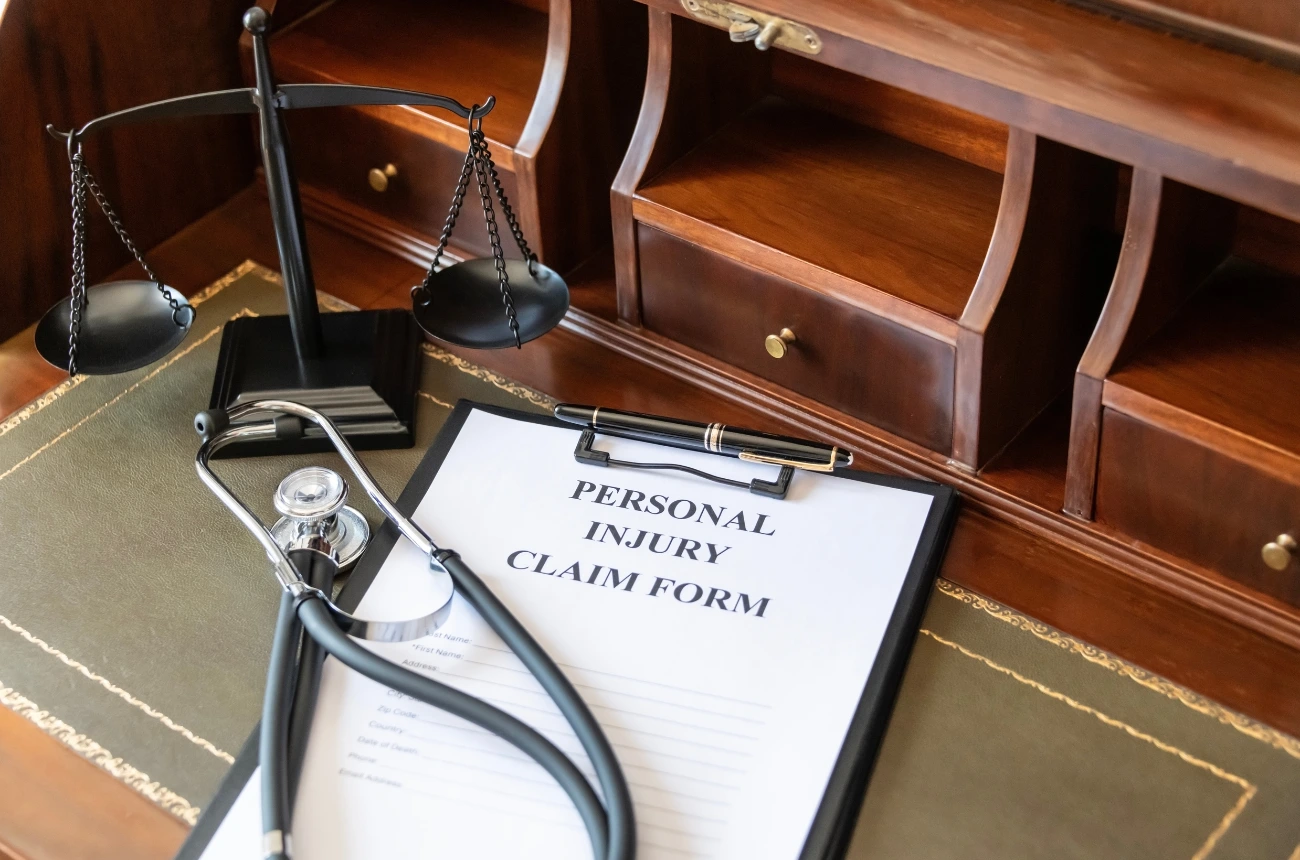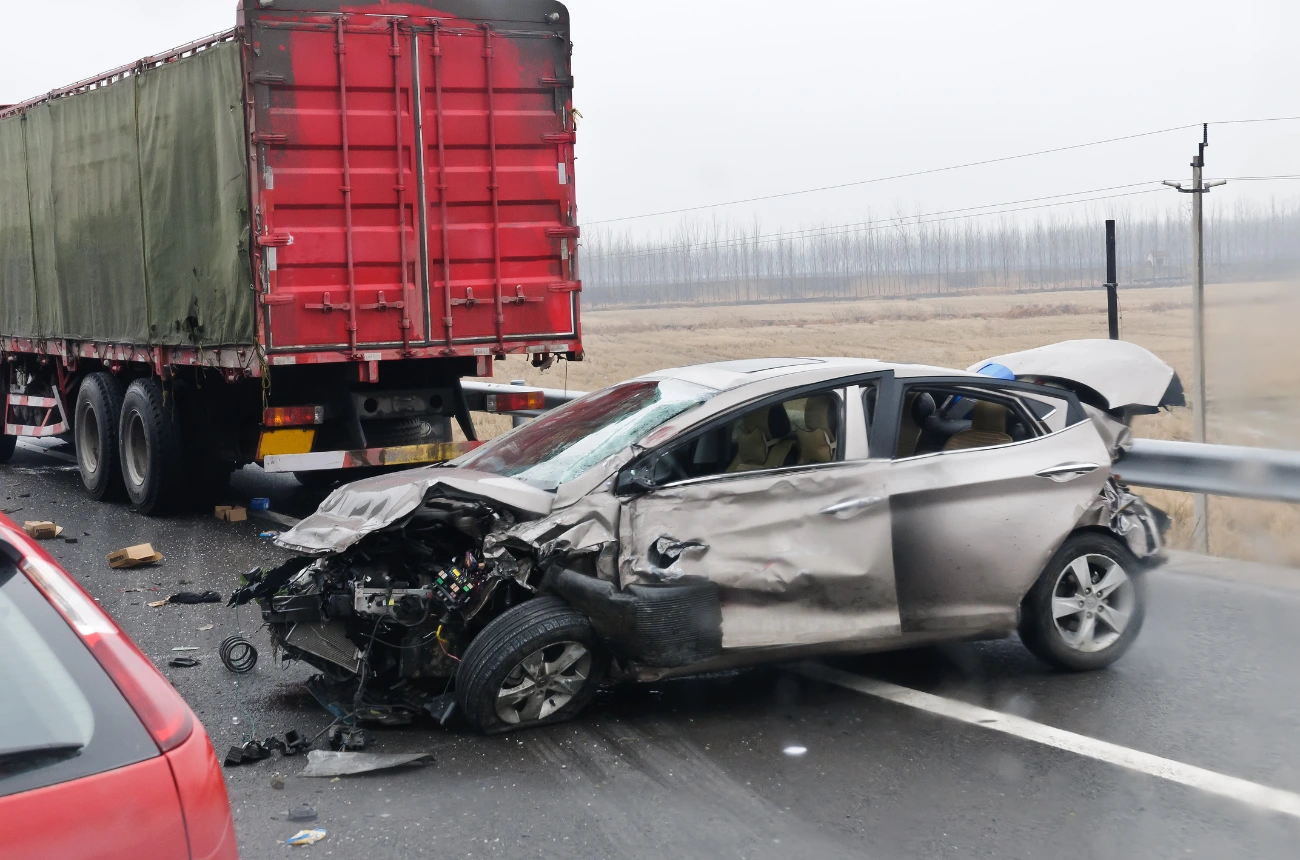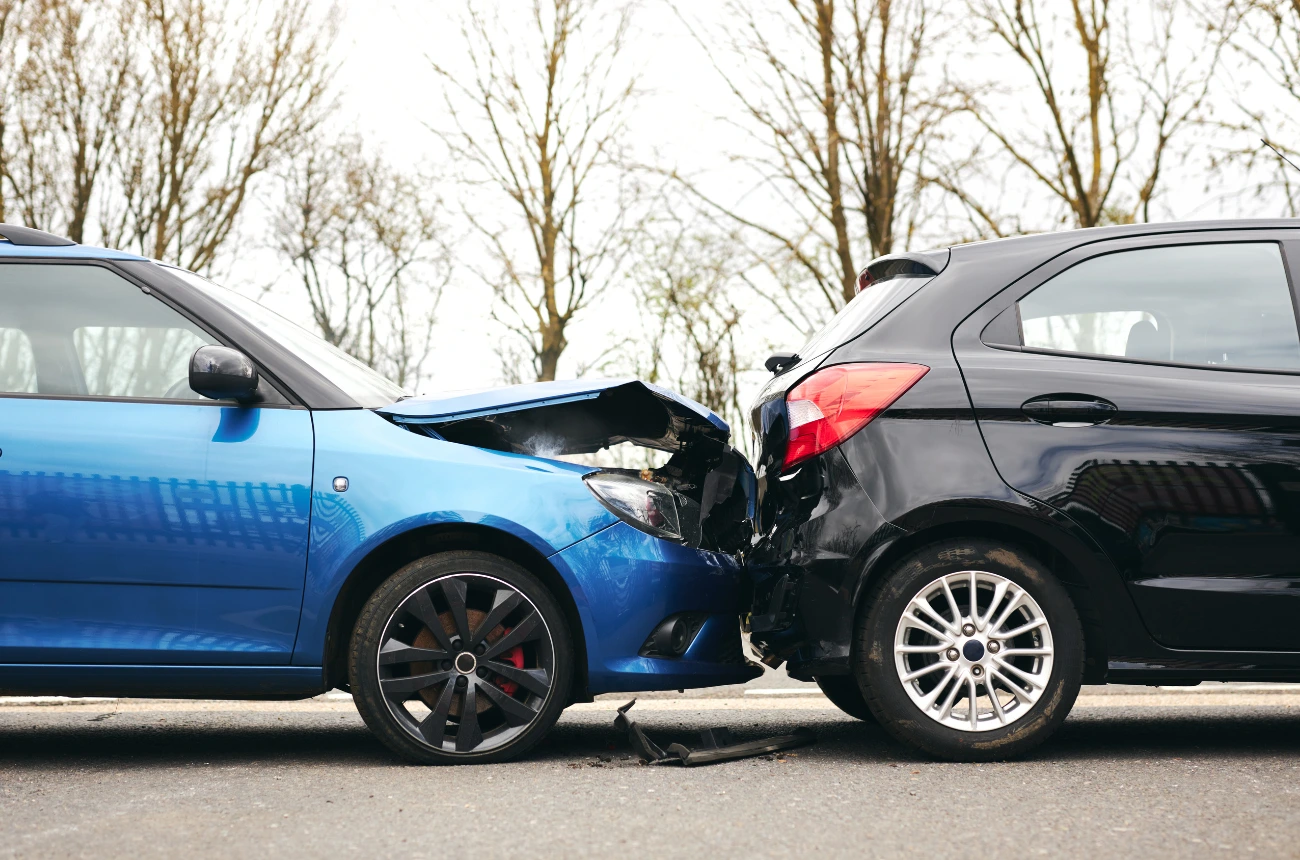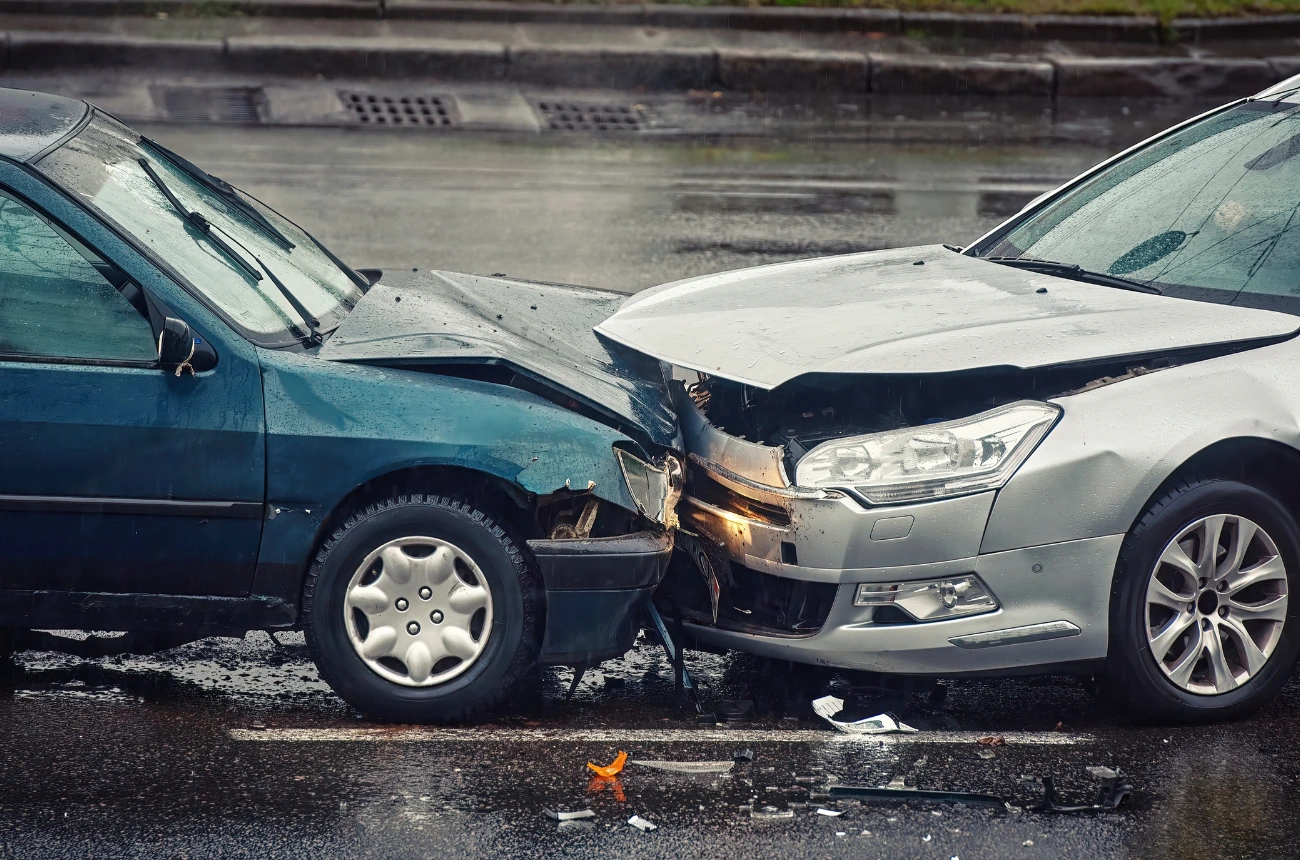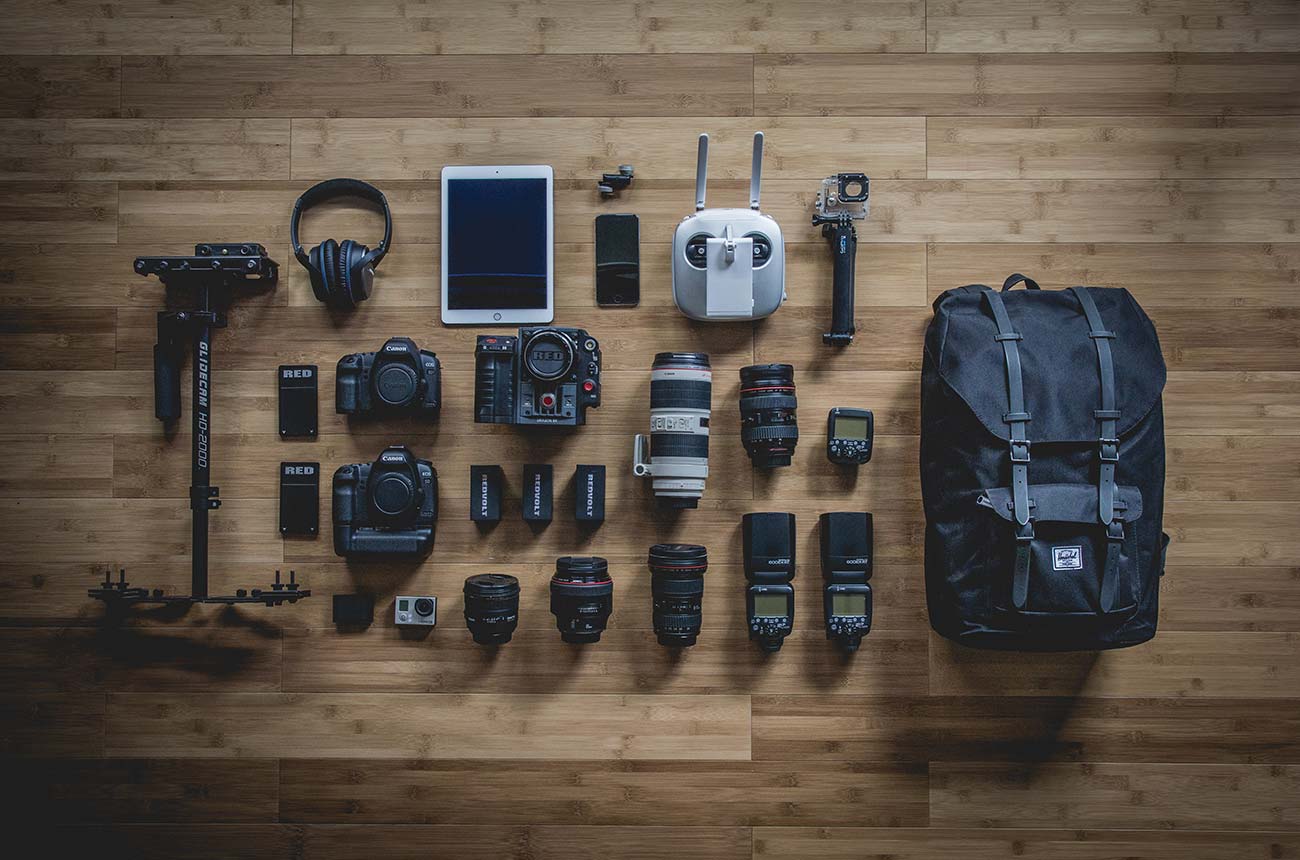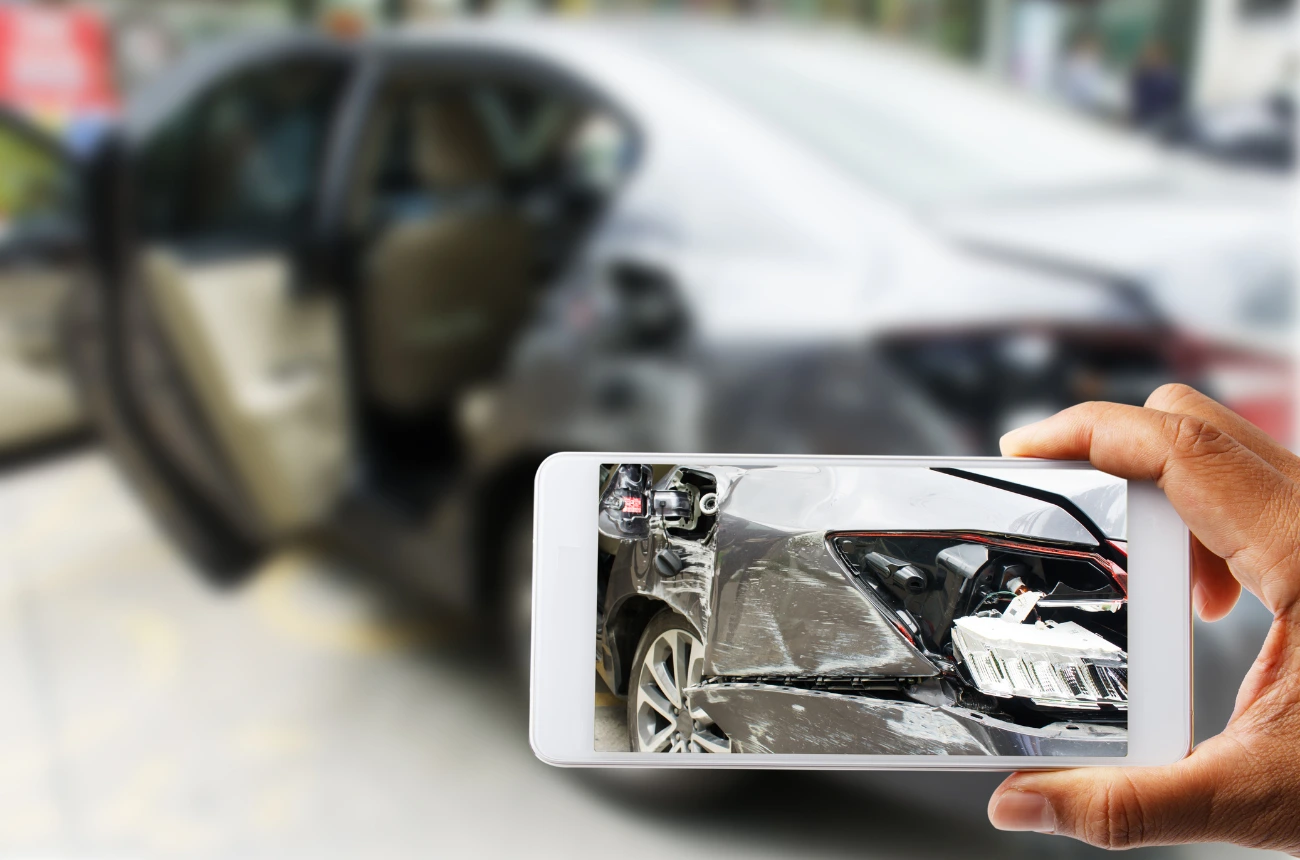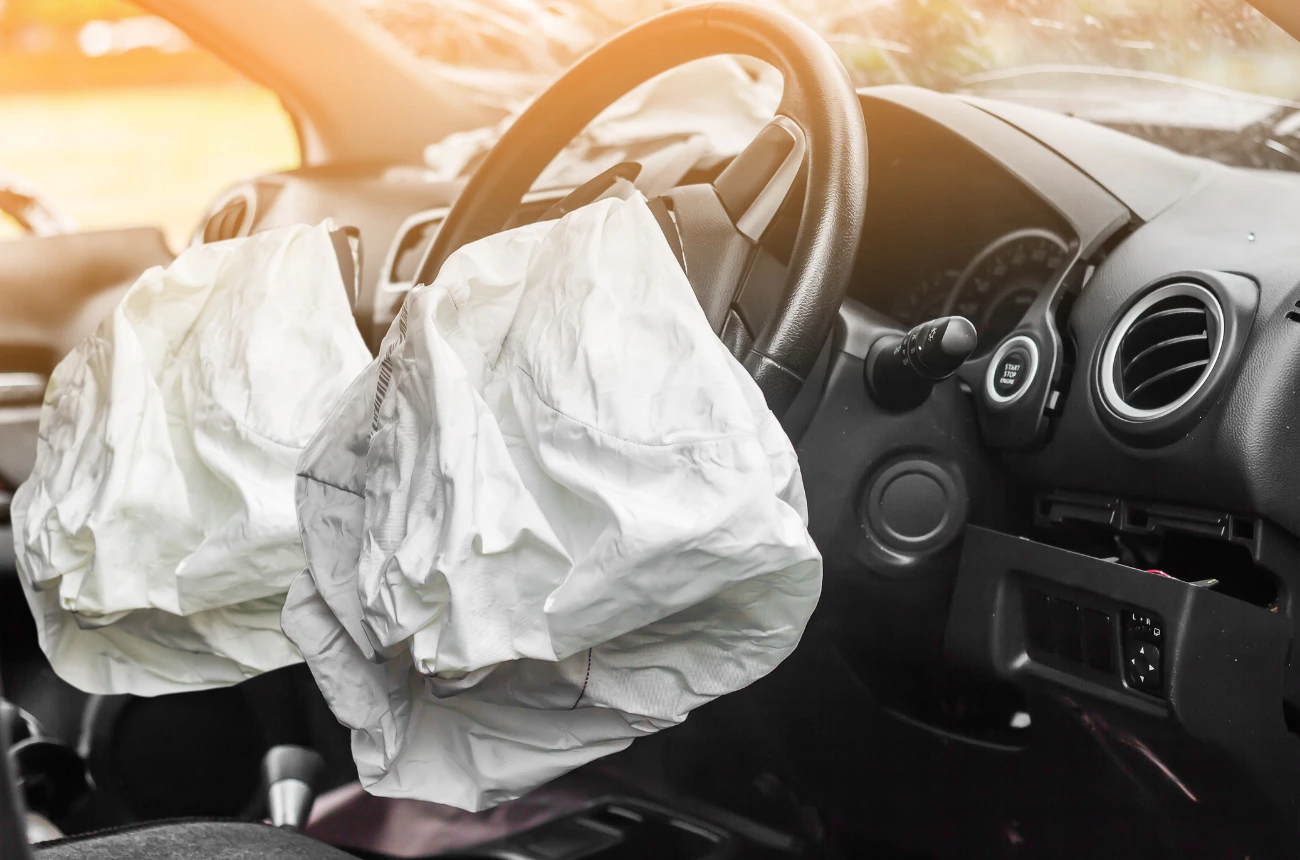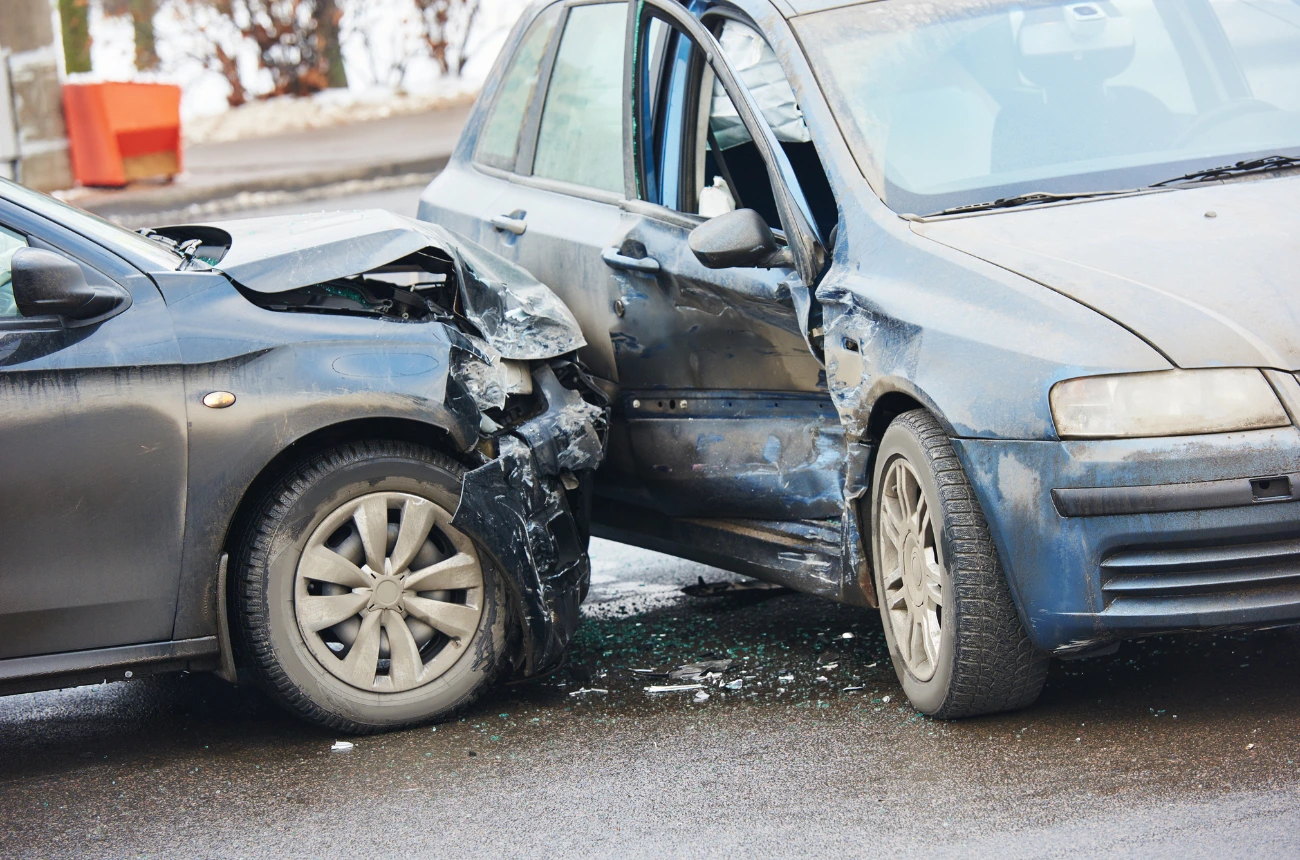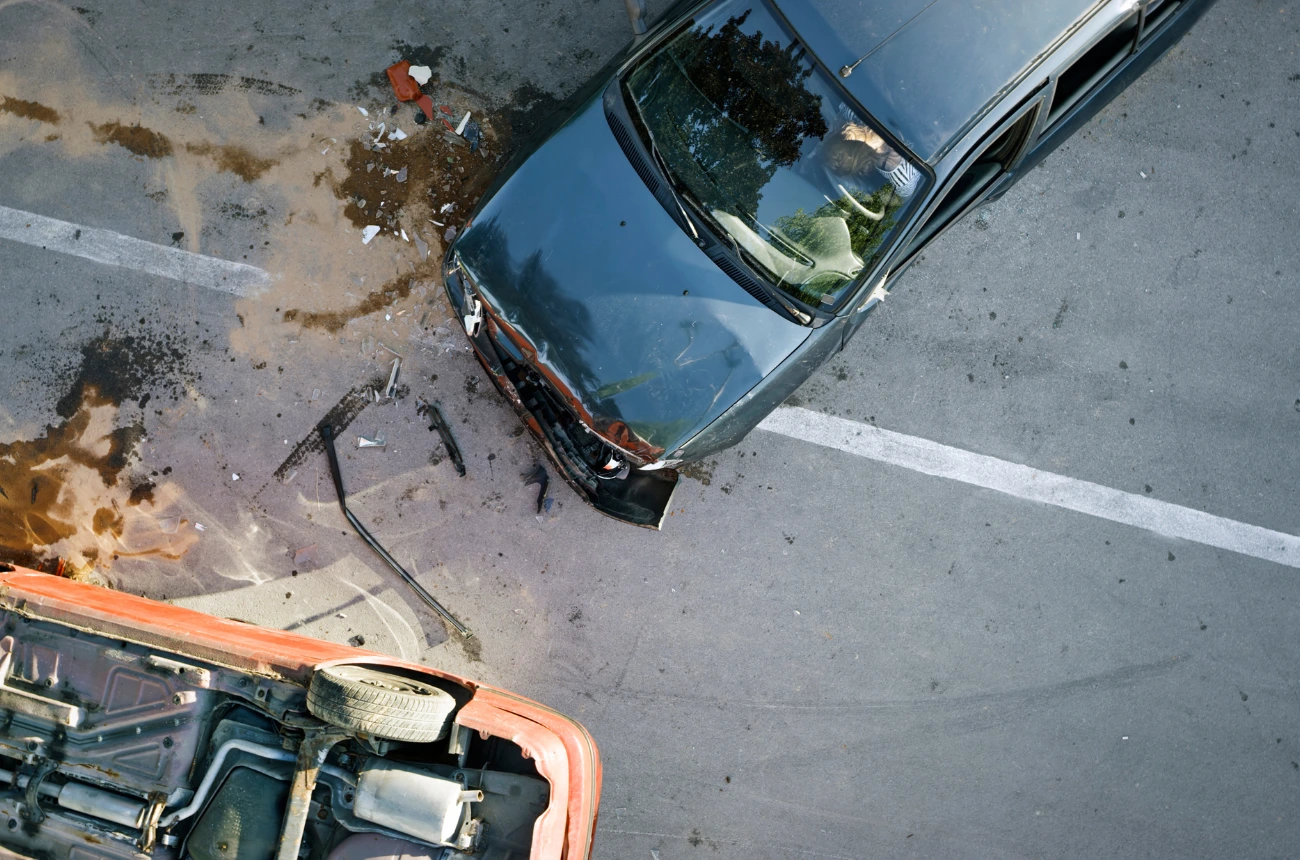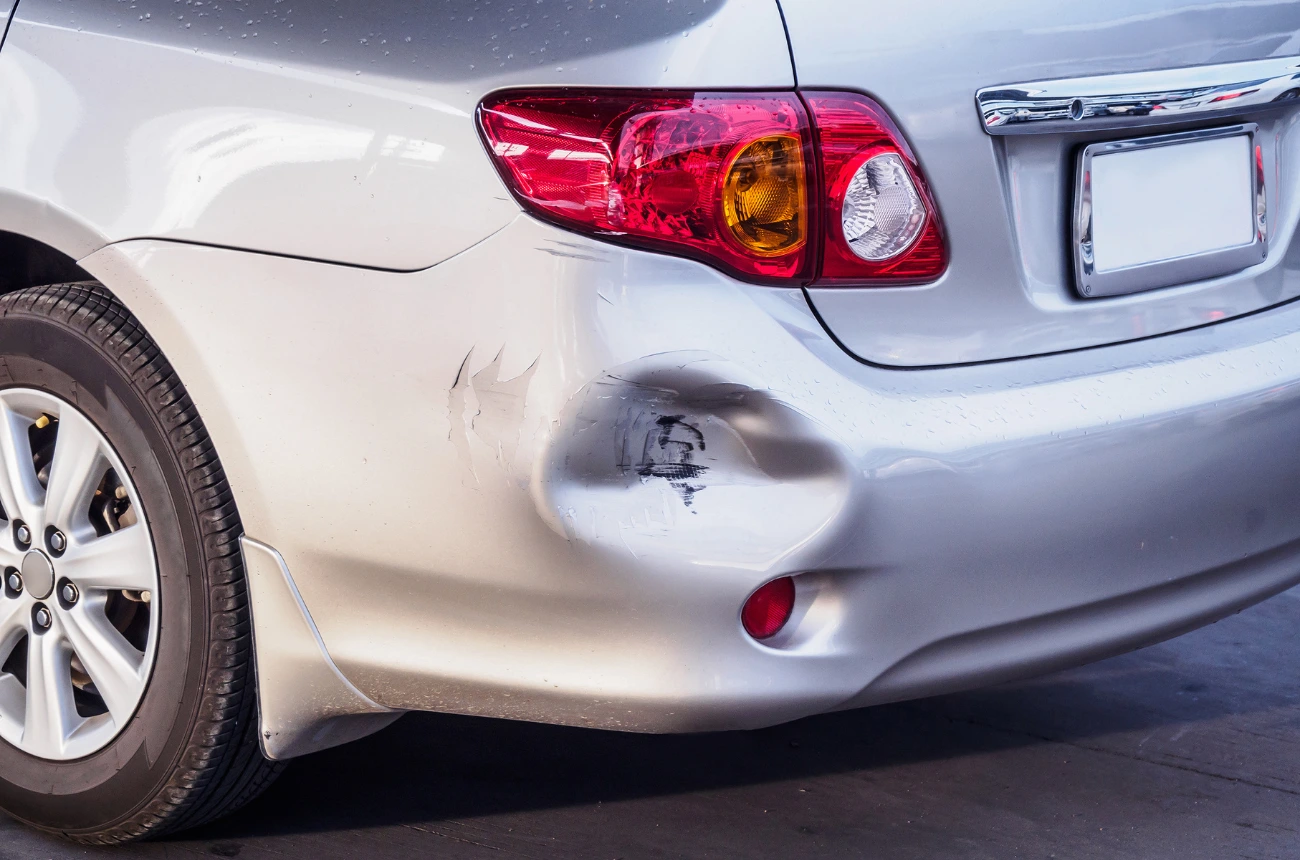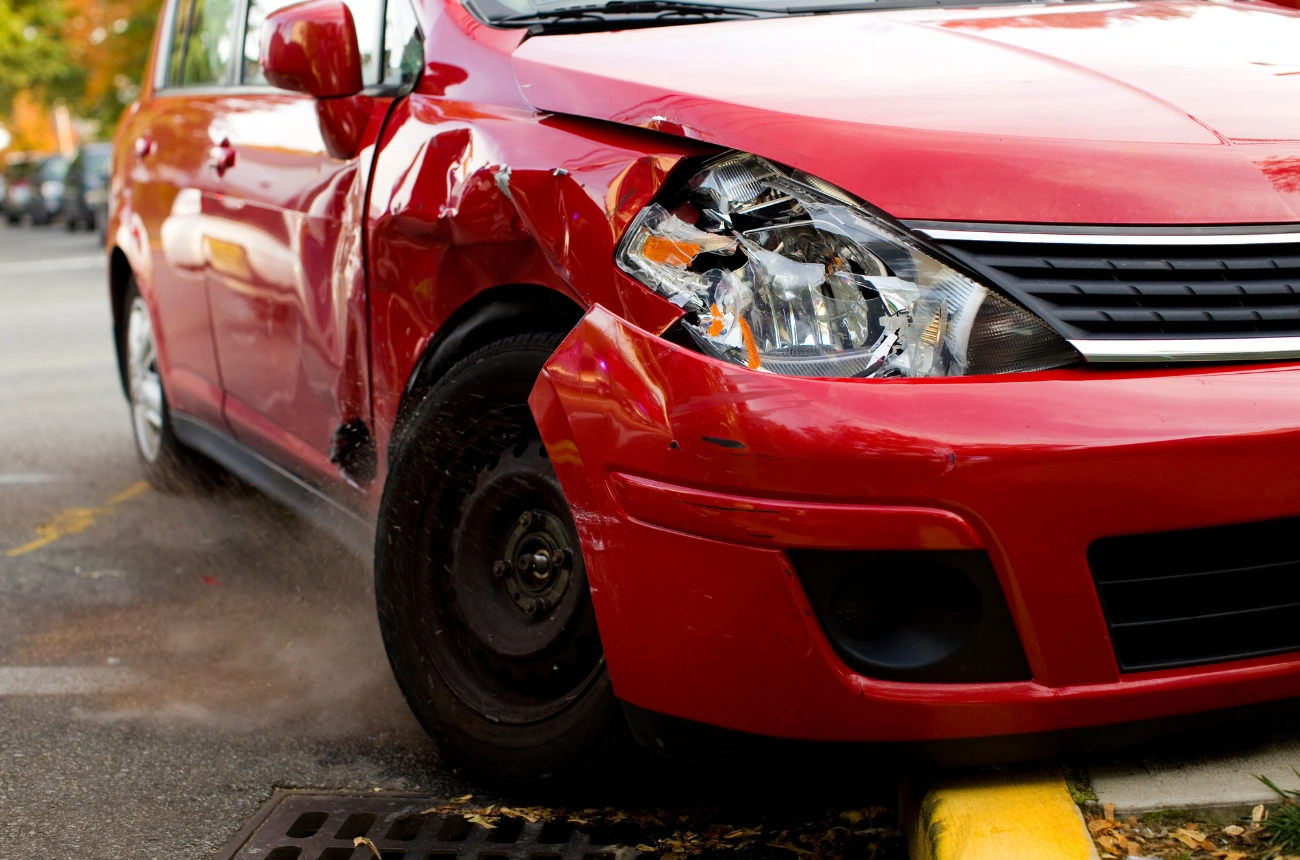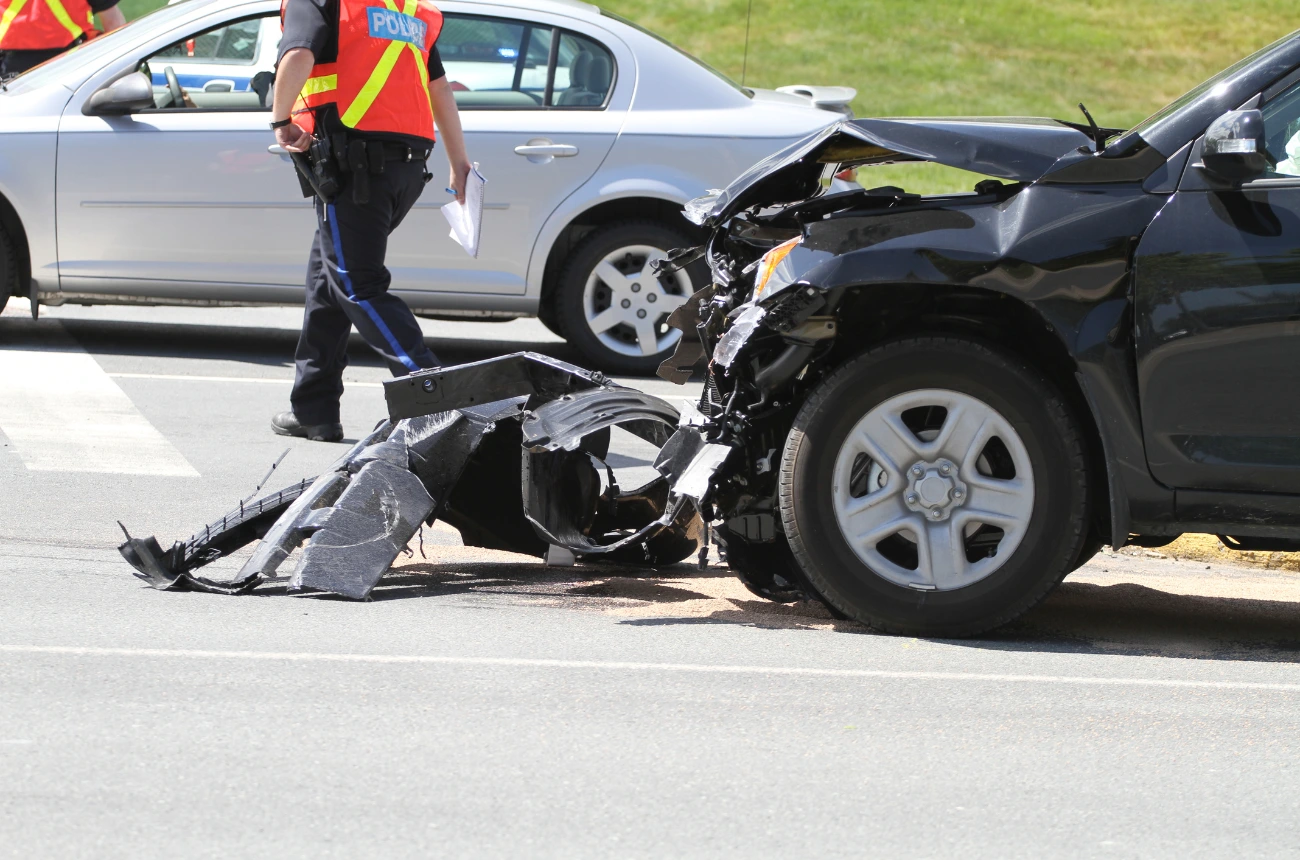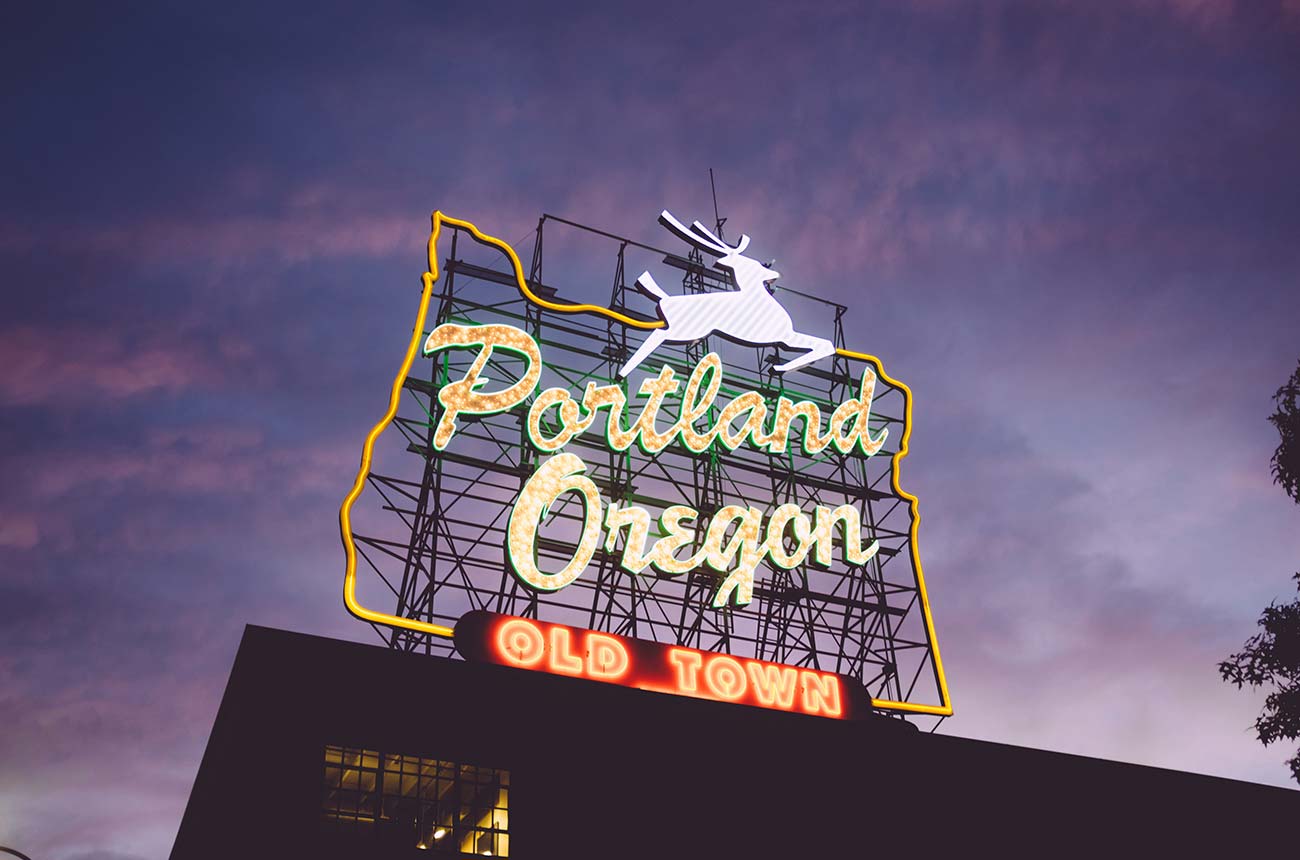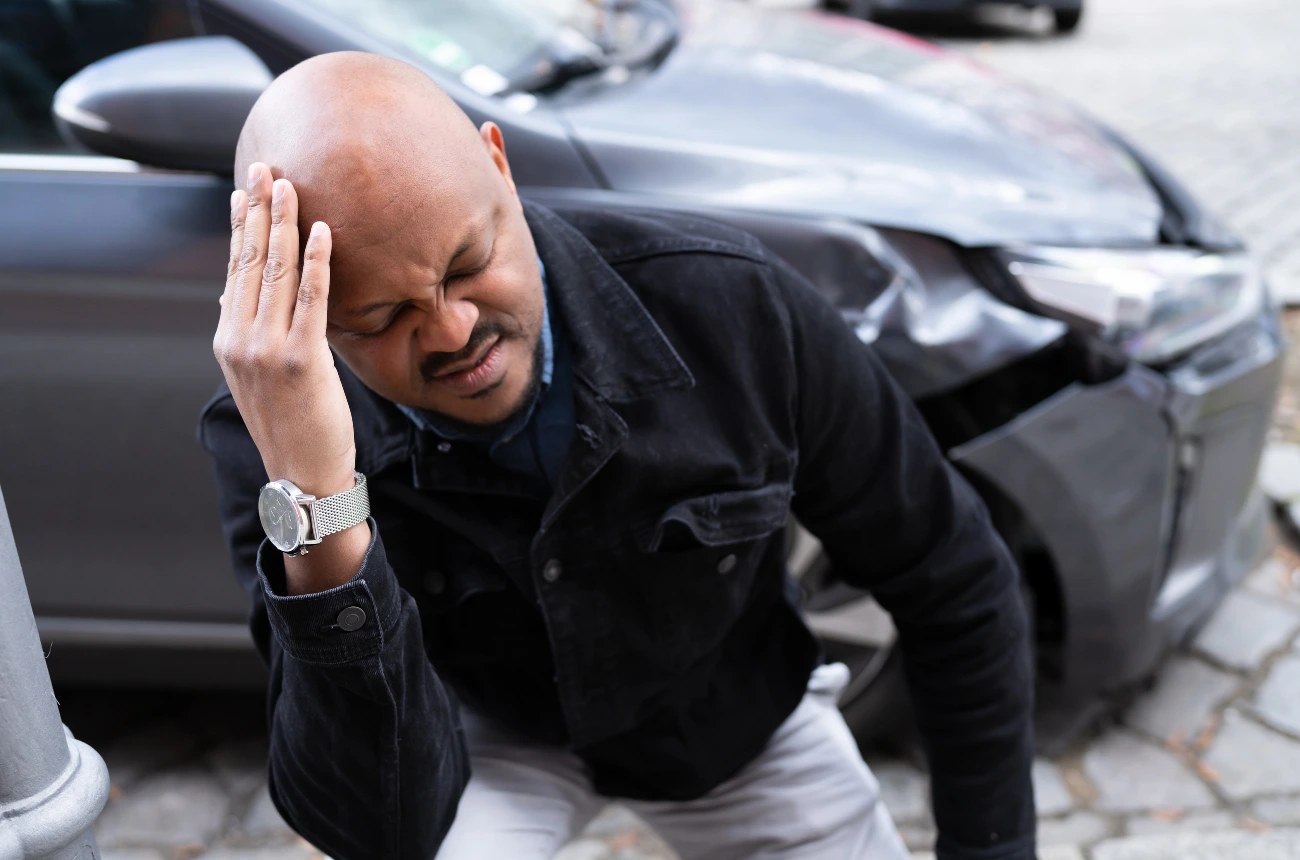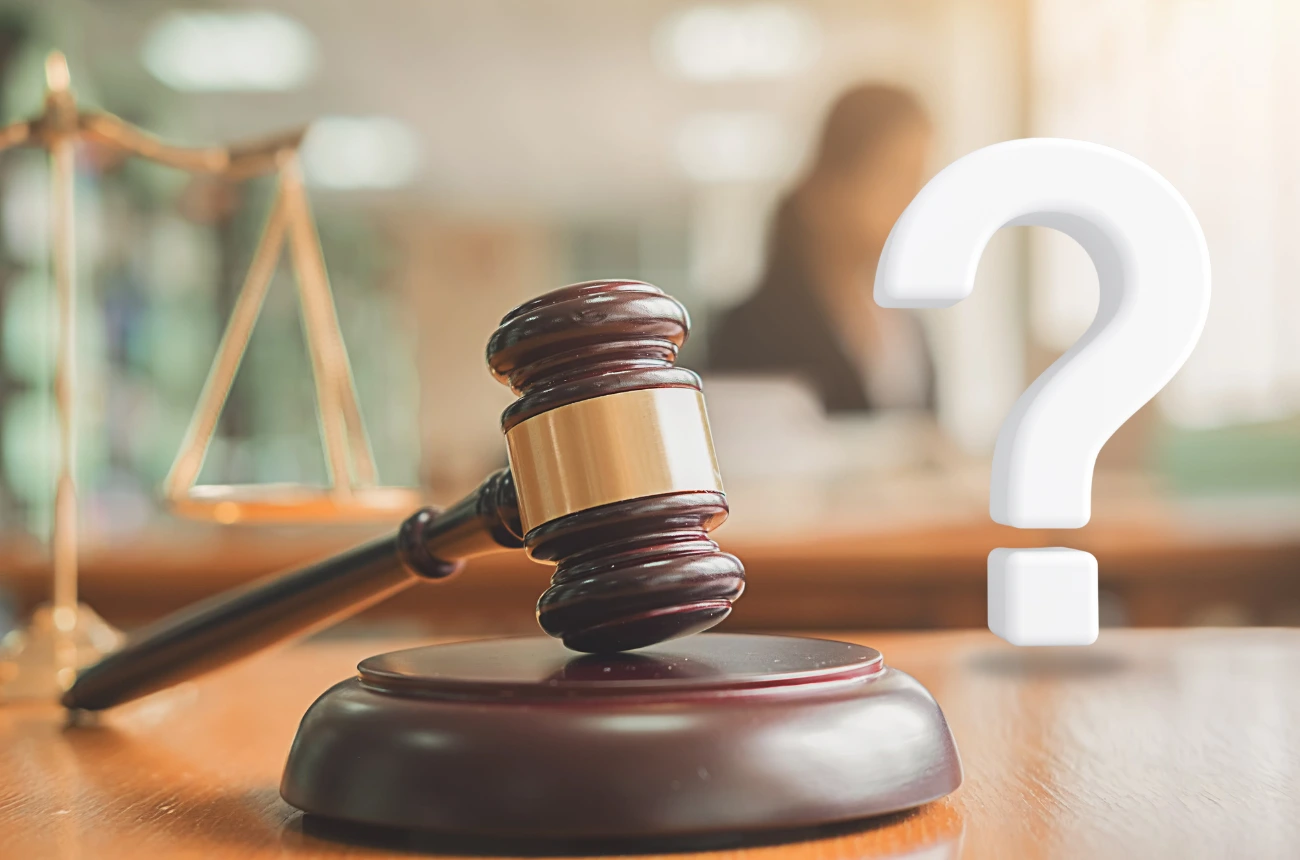If you’ve suffered a significant injury from a car accident, the at-fault driver’s insurance would be responsible for covering your medical bills.
Texas’ 30/60/25 rule sets their minimum liability coverage for car accident injuries at $30,000 per injured person, and $60,000 per accident, though if they have more comprehensive coverage, their limits may be higher.
So if the at-fault driver only had minimum coverage, and you had a $150,000 medical bill, the insurance payment would leave a $120,000 gap.
So, what happens if your medical bills exceed their policy limits in Texas?
If your medical expenses go beyond what insurance companies can cover, you may be worried about having to make up for the gap out-of-pocket. Don’t be—you still have options.
In this article, we’ll explain what happens when your medical bill goes over your policy limits, look at the different ways you might be able to recover those extra costs in Texas, and show you how a personal injury attorney from No Bull Law can help guide you through this tough situation.
What Happens When Medical Bills Exceed Policy Limits in Texas?
At first glance, it may seem like you’ll have to pay the extra amount out-of-pocket.
Luckily, Texas law offers other ways to help you make up for that $120,000.
We recommend that you consult with your personal injury lawyer to explore your options. (And if you don’t have one, you can book a free consultation with the skilled attorneys at No Bull Law.)
When the at-fault driver’s insurance isn’t enough to cover your medical bills, several other recovery options can help you bridge the gap:
1. Filing a Claim Under Your Own Insurance
Your own auto insurance policy might offer extra protection through benefits like Personal Injury Protection (PIP) or Med-Pay coverage:
- PIP Insurance: Covers your medical expenses and lost wages up to the limit specified in your policy.
- Med-Pay: Helps cover medical expenses related to the accident but doesn’t compensate for lost wages.
- Uninsured/Underinsured Motorist Coverage: Offers further help if the at-fault driver’s liability insurance isn’t enough.
2. Leveraging an Umbrella Policy
Some Texas drivers carry umbrella insurance—an extra layer of liability coverage that kicks in once their primary auto policy limits are exhausted.
In cases where the at-fault driver has umbrella insurance, this additional protection may cover your remaining medical bills and other damages.
3. Sue the At-Fault Driver Personally
If the insurance payout doesn’t cover all your costs, you may consider filing a personal lawsuit against the at-fault party.
This legal route seeks compensation from their personal assets, such as their real estate or savings, to help pay your medical bills.
However, keep in mind that Texas law protects certain personal assets from creditor claims. They can’t be forced to sell off any primary residences, inclusive of surrounding land, retirement accounts, or personal vehicles in order to pay your damages...
So, this option only works if the defendant has sufficient non-exempt assets.
4. Involving Other Liable Parties
Sometimes, more than one party is responsible for your damages. Other liable parties—such as an employer, vehicle manufacturer, or even a supplier of faulty parts—may also share responsibility for your losses.
In these cases, you can pursue compensation from multiple defendants, which means recovering funds from several insurance policies to cover your costs.
Insurance claims and legal regulations can feel overwhelming, but professional help can make the process a lot easier.
That’s where No Bull Law steps in.
At No Bull Law, our expert personal injury attorneys take care of every detail for you:
- Comprehensive Policy Review: We analyze all your policies—including liability insurance, MedPay, PIP coverage, and health insurance—to pinpoint coverage gaps and maximize your insurance claim.
- Aggressive Negotiation: Using tools like the Stowers Doctrine, we pressure insurance companies to pay up to their policy limits.
- Litigation Support: If needed, we’ll file a personal injury lawsuit to pursue the at-fault driver’s assets or hold other liable parties (like employers in truck accidents) accountable under Texas law.
- Identifying Other Liable Parties: We investigate whether others share the blame — e.g., employers and manufacturers in product liability cases — which could lead to additional compensation.
- Deadline Management: We track critical timelines for your car accident claim, including Texas’ 2-year lawsuit deadline and insurance claim cutoffs.
In short: A Texas car accident lawyer from No Bull Law handles everything from aggressive negotiations to filing lawsuits—not only for a typical personal injury case but also for wrongful death scenarios, ensuring that every dollar is pursued when insurance policy limits fall short.
After exploring the recovery options and the benefits of professional legal help, it’s important to understand why some settlements exceed insurance policy limits.
What Factors Contribute to Settlements Exceeding Policy Limits?
Here’s why some personal injury claims result in higher settlements under Texas law:
- Severity of Injuries: A catastrophic injury, such as a spinal cord or traumatic brain injury, demands extensive medical treatment and long-term care. These costs can quickly surpass even high insurance limits.
- Multiple Vehicle Involvement: Accidents involving three or more cars often lead to multiple injured parties, spreading the at-fault driver’s coverage thin. With more victims and damages, settlements often exceed the liability insurance limit.
- Commercial Vehicle Accidents: A truck accident, for example, can cause a lot of damage due to the size and weight of the vehicle. This often results in settlements that go beyond most individual liability coverage.
- Uninsured or Underinsured Drivers: If the at-fault driver lacks sufficient coverage, you’ll have to rely on other sources to make the difference.
- Negligence and Liability: Cases involving drunk driving, reckless behavior, or extreme negligence can trigger punitive damages, which are meant to punish the at-fault party and deter similar conduct.
In DWI (driving while intoxicated) cases, you might have grounds for a dram shop claim if the drunk driver was overserved at a bar or other licensed establishment before the accident. Under Texas Dram Shop laws, alcohol providers can be held liable for serving someone who was clearly inebriated and later caused a crash.
These cases are tough to prove but may lead to more collectible compensation as businesses that serve alcohol should carry commercial insurance coverage for such claims.
Other Frequently Asked Questions (FAQs)
Here are straightforward answers to common questions about extra medical expenses, negotiating with insurance companies, and more—helping you know exactly what steps to take next.
1. How Often Do Auto Accident Settlements Exceed The Policy Limits?
It’s not common in Texas for auto accident settlements to exceed policy limits—roughly 4% do.
Most cases are covered by the basic 30/60/25 liability insurance, but in rare cases, severe injuries and very high medical bills push the settlement above those limits.
2. How Does the Texas Stowers Doctrine Affect Your Claim?
The Texas Stowers Doctrine is a rule that helps ensure you get a fair deal from an insurance company.
If the insurer refuses a reasonable settlement offer within the policy limits, and your case later goes to court, the doctrine may require them to pay you more than the policy limit.
In other words, it forces insurance companies to think twice before lowballing your claim—especially in cases involving catastrophic injuries or very high medical bills.
This rule protects your rights and can boost your overall recovery when your medical bills or personal injury claim exceeds the basic liability insurance coverage.
3. What Documentation Is Essential for Proving Excess Damages?
When it comes to proving excess damages after an accident, the key is to gather clear and detailed evidence.
Essential documentation includes:
- Medical Bills and Records: These show the actual cost of your treatment and prove your medical expenses.
- Doctor’s Notes: Documentation of future treatment plans helps demonstrate ongoing expenses.
- Proof of Lost Wages: Evidence that you missed work due to your injuries supports claims for lost income.
- Photos: Pictures of your injuries and any damage to your car provide visual proof of the accident’s impact.
- Diary or Journal: A record of your pain and daily challenges adds a personal perspective to your personal injury claim.
4. How Should Negotiate With an Insurance Company When Bills Exceed Limits?
Before you try negotiating on your own, get a lawyer. Insurance adjusters are experts at lowering claims, so having a personal injury attorney review your bills for errors and compare them to typical costs is crucial.
With their experience, they can step in and negotiate aggressively on your behalf to secure fair compensation or arrange a manageable payment plan.
This approach helps ensure you aren’t left covering extra expenses when your insurance policy limit is exceeded.
To make sure your bills don’t spiral out of control, let No Bull Law take charge.
We handle the legal complexities and hold insurers accountable so you can focus on your recovery.
Contact No Bull Law today for a free case evaluation and take control of your financial future.


